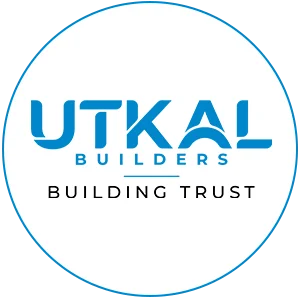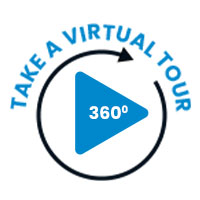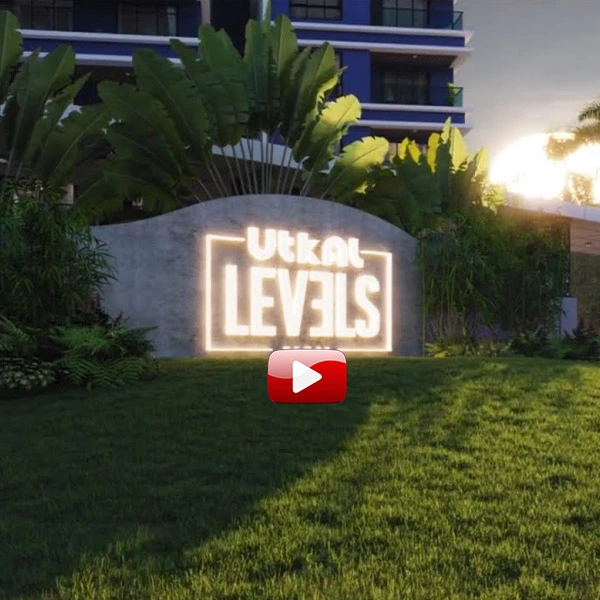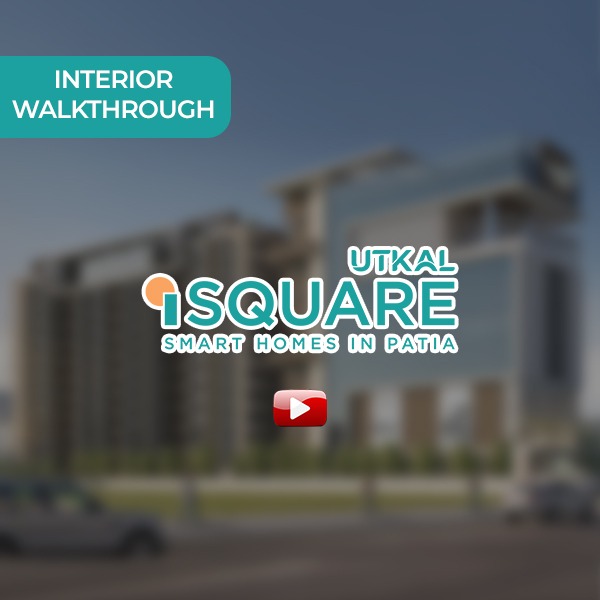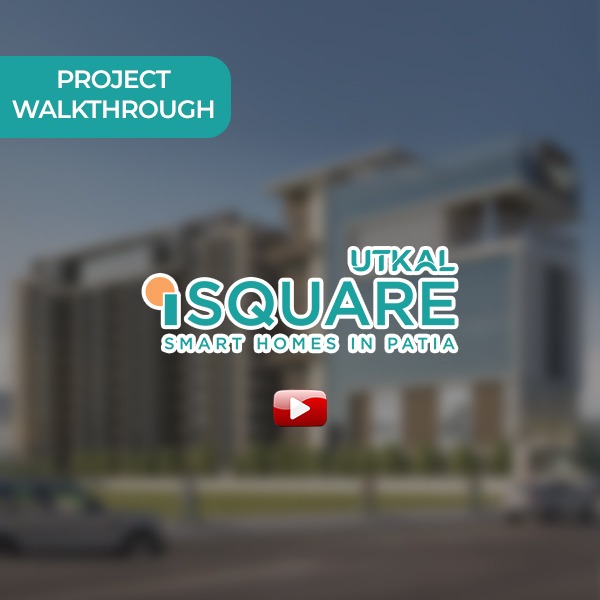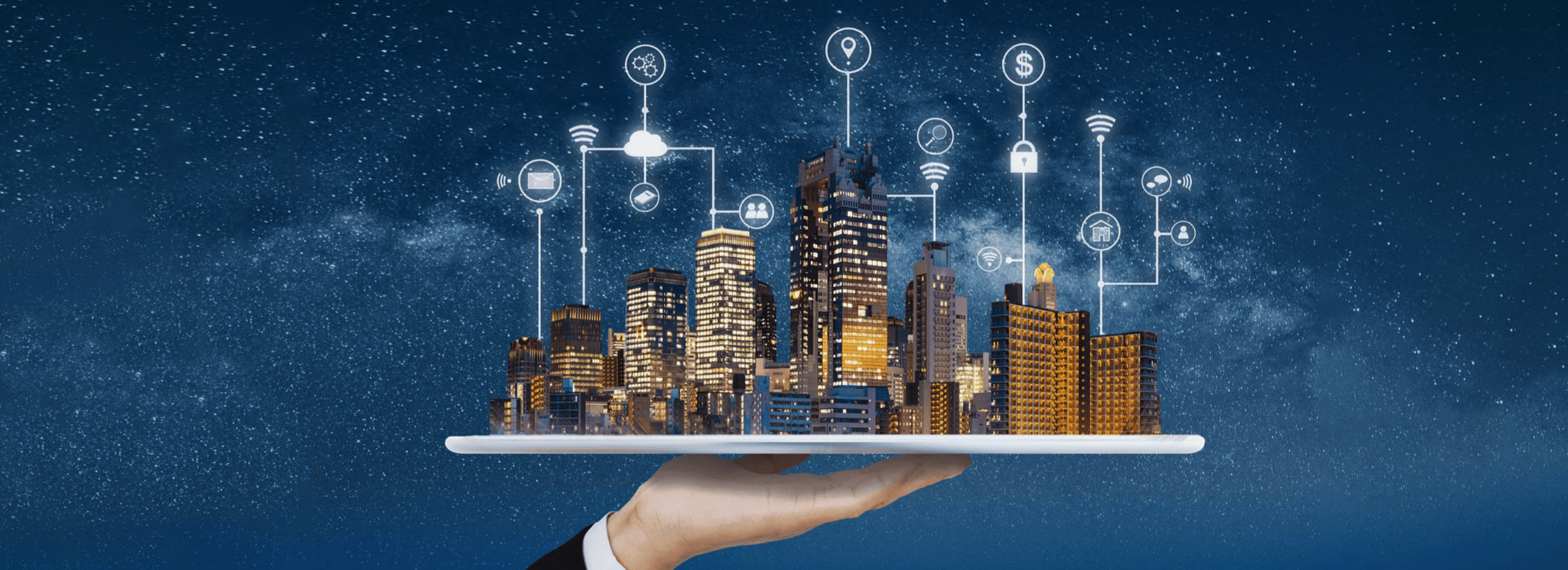
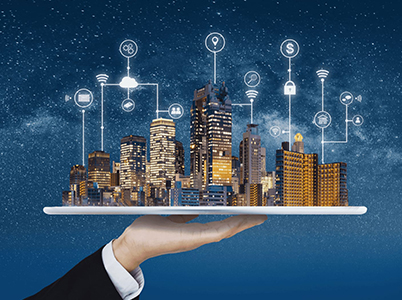
Integration of technology to real estate - Future of Real estate
Almost every aspect of our lives has changed in this era of rapid technological advancement, and the real estate market is no different. The use of technology in real estate has changed the marketing, purchasing, selling, and management of properties in addition to streamlining processes. It’s becoming more and more clear as we move forward that smart home technology will have a significant impact on how the real estate market develops.
From blockchain-enabled transactions to virtual reality tours, technological breakthroughs are transforming conventional methods and bringing in a period of never-before-seen efficiency and comfort. Let’s examine some of the most significant ways that technology will affect real estate in the future:
Virtual & Augmented Reality Tours: Gone are the days when prospective homeowners had to physically visit several properties in order to choose their ideal residence. People may now take virtual tours of properties from the comfort of their homes thanks to VR and AR technologies. Without the need for in-person visits, these immersive experiences give purchasers a realistic representation of the home, enabling them to see themselves living there and make well-informed judgments.
Big Data and Predictive Analytics: The way real estate professionals make decisions has changed dramatically as a result of the availability of enormous volumes of data along with strong analytics tools. Industry professionals may generate more educated and precise predictions by using big data to acquire insights into customer behavior, property prices, and market trends.
Blockchain for Secure Transactions: By offering a transparent and safe platform for registering property ownership and enabling transactions, blockchain technology is completely changing the way real estate transactions are carried out. Parties to a real estate transaction can automate and expedite the process with smart contracts, lowering the possibility of fraud and guaranteeing better transparency.
Smart Home Technology: The idea of a home outfitted with networked appliances luxury apartments in patia and gadgets that can be operated from a distance using voice commands or smartphones is gaining traction. These technologies, which range from appliances and lights to security systems and thermostats, not only increase energy efficiency and security for homes, but also improve comfort and convenience for homeowners.
Property management with Artificial Intelligence (AI): AI-driven PMS are transforming traditional property management and upkeep methods. By automating repetitive processes like rent collecting, maintenance requests, and tenant screening, these solutions allow property managers to concentrate on more critical facets of their jobs.
Fractional ownership and crowdfunding: Thanks to services that let anyone invest in real estate, technology has made real estate investing more accessible to a wider audience. Through these platforms, investors can enter markets that were previously closed to them, diversify their portfolios, and engage in real estate projects that demand less capital up front.
Flexible Spaces and Remote Work: The popularity of remote work has caused a change in the real estate market, with a focus on homes that support remote work settings and flexible workspaces. The need for office space may decline as more businesses implement remote work rules, but the demand for Best project in patia with designated home offices or co-working spaces may increase.
There are several obstacles to overcome when integrating technology into real estate, such as worries about security, privacy, and fair access. Nevertheless, as technology continues to spur innovation, efficiency, and convenience in the sector, the potential advantages greatly exceed these difficulties.
It seems certain that technology will continue to have a significant influence on how the real estate market develops in the future. Virtual tours, blockchain-based transactions, and AI-driven property management systems are just a few examples of how technology and real estate are coming together to change the buying, selling, and renting of real estate. Accepting these developments will be essential to maintaining an advantage in a sector that is always changing and to opening up fresh possibilities for expansion and creativity.
